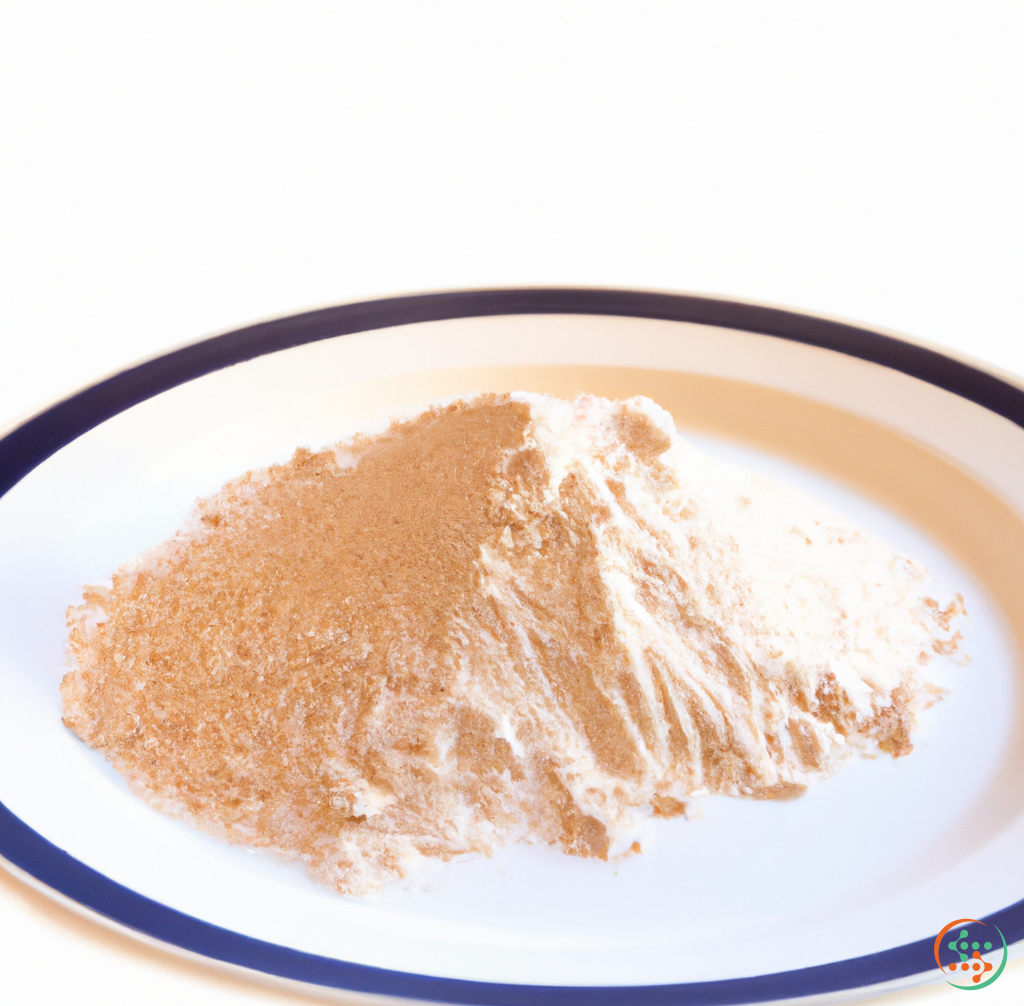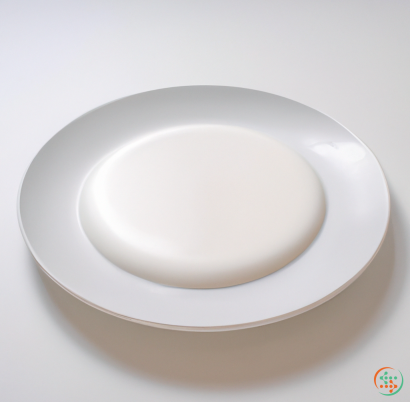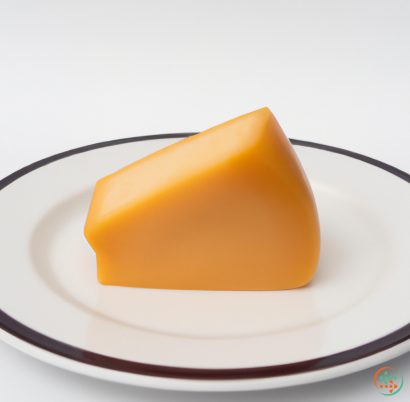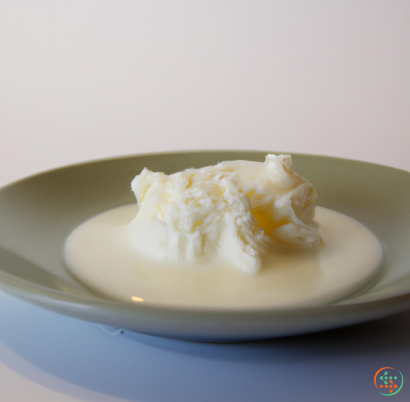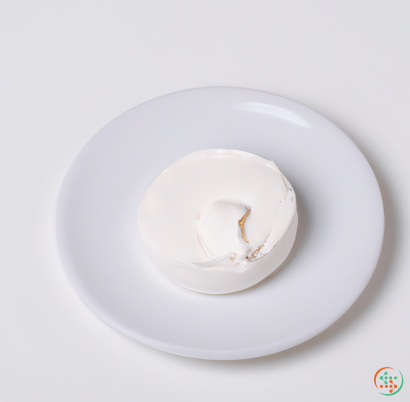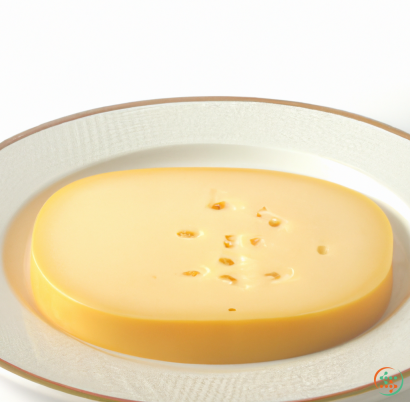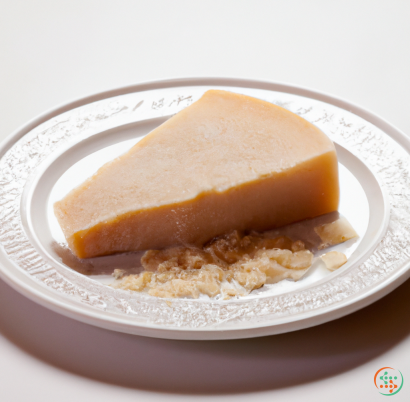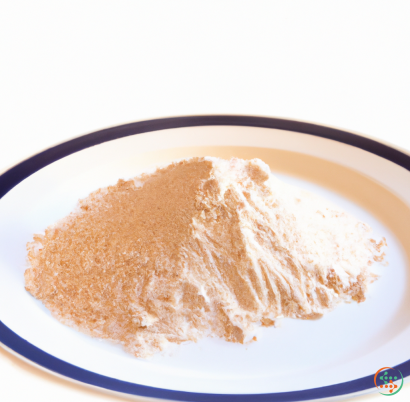Milk Based Protein Powder
What is Milk Based Protein Powder?
Milk based protein powder is a type of dietary supplement that contains a combination of proteins derived from milk sources. It is typically used by athletes, bodybuilders and fitness enthusiasts to support muscle growth, boost energy levels, and help with overall health and wellness. Milk based protein powder is typically made up of various components, including whey and casein, which are the two main types of protein found in milk. Some milk based protein powders also contain added compounds like carbohydrates, vitamins, minerals, and other compounds to enhance their nutritional value.
The benefits of using milk based protein powder
For athletes and fitness enthusiasts alike, using a high-quality milk based protein powder can have a number of benefits.
First of all, milk based protein powder is a great source of protein, which is essential for building and maintaining muscle. As a result, those looking to increase their strength and performance may benefit from consuming milk based protein powder daily. Additionally, those wanting to lose weight or tone up may use milk based protein powder to help them reach their goals.
The other major benefit of these types of protein supplements is that they are digested and absorbed quickly by the body, leading to an immediate increase in energy and alertness. This makes them perfect for pre- or post-workout consumption.
Furthermore, milk based protein powders are also rich in essential amino acids, which helps the body to repair and recover after tough workouts. So if you’re serious about your fitness goals, milk based protein powder is definitely a must.
Lastly, milk based protein powder is also easy to make and readily available, making it a convenient and affordable supplement for fitness enthusiasts.
Different types of milk based protein powder
When shopping for milk based protein powder, you will find that there are a variety of different types and brands to choose from. The most popular milk based protein powder is whey, which is a fast-absorbing protein derived from cow’s milk. There are also other fast-absorbing proteins, such as casein, egg white proteins, and even proteins derived from goats’ milk.
Slow-digesting proteins, such as micellar casein and milk protein concentrate, are also available. These proteins are digested slowly, providing your body with a steady stream of energy throughout the day.
You’ll also find milk based protein powders made up of various combinations of ingredients, such as whey, casein, and other plant-based proteins. These types of protein powders are a good choice if you’re looking to get a wider range of amino acids and nutrients.
Finally, you’ll also find milk based protein powders that are fortified with other vitamins and minerals, making them a complete dietary supplement.
How to use milk based protein powder
Milk based protein powder can be consumed in a variety of ways. The most common way is to mix it with water or milk and drink it as a shake. This is ideal for consuming either pre- or post-workout as it provides you with a quick and efficient way to get all of your essential amino acids.
You can also use milk based protein powder to make a variety of different food recipes. They work great in baking, smoothies, ice cream and other desserts. Simply add the protein powder to your desired recipe and enjoy a delicious, nutritious snack.
Conclusion
Milk based protein powder is a popular and beneficial dietary supplement for athletes and fitness enthusiasts alike. It is an excellent source of both fast- and slow-digesting proteins, as well as essential amino acids and other compounds, making it a great choice for boosting energy and improving overall health and wellness. It’s also easy to make and conveniently available, making it worthy of any athlete’s supplement cabinet.
The Journey of Milk Based Protein Powder from Field to Plate
Milk based proteins are essential for providing nutrition in foods for many applications, from fortifying nutrition bars to baking mixes to shakes and smoothies. But from where does the milk protein powder that makes these products so nutritious come from? It’s a long journey that begins in the fields by cows and ends up on our dinner plate.
Harvesting Dairy Cow Milk
The milk-based protein powder process starts in the field, with the harvesting of milk from dairy cows. Dairy cows, generally Holstein Frisian, produce vast amounts of milk while grazing on grass. On average, a dairy cow can produce up to 8 gallons of milk per day! This milk requires immediate cooling, to retain its freshness, which occurs directly on the farm. Smaller farms often use mechanical separators and cooling systems on-site, while larger farms typically transfer the milk to processing facilities nearby.
Processing Milk and Extracting Proteins
Once the milk is safely cooled, it’s time for it to be further processed. First, the milk is heat-treated. This process, known as pasteurization, is a method of preserving the milk, inhibiting the growth of potentially harmful bacteria. It not only retains the rich nutrients of the milk, but also allows for a longer shelf-life, allowing producers to transport the milk over long distances.
Once pasteurization is complete, the milk is moved to an evaporation step, where the majority of the water is removed, leaving the more concentrated milk solids. From here, separators and centrifuges extract the various components of the milk. At this stage, the proteins, called casein and whey, are separated from the milk and collected. These proteins can contain anywhere between 80% and 90% pure protein.
Converting Proteins Into Powder
With the proteins safely extracted, they are sent to an advanced facility where they are processed and converted into powder form. During this process, a combination of spray drying, drying, and grinding is used to produce a powder. The spray drying process reduces the liquid content of the proteins at a rapid rate and simultaneously reduces the temperature to create the desired powder form. From here, the powder is collected and milled, before being tested for quality control.
Packaging and Shipping
The final step is to package and ship the milk-based protein powder so that it can make its way to the dinner plate. The proteins are then loaded into large bags, boxes or containers and shipped to the desired destination. Upon arrival, the proteins will either go directly to a local food manufacturing facility for use in products or, depending on the requirements of the end-user, be dispatched to a local warehouse for further storage and distribution.
Benefits of Milk-Based Protein Powder
Milk-based protein powders offer an immense number of benefits to both producers and consumers alike. Firstly, the proteins are nutritionally dense and packed with essential amino acids. These proteins not only provide a source of protein for athletes, gym goers and generally health-conscious people, but they can also be used as a source of nutrition in baking mixes, nutrition bars and other food products to fortify their nutritional value. Moreover, milk-based protein powders are readily findable, as they are often sold in supermarkets, online retailers, pharmacies and health food stores around the world.
To conclude, milk-based protein powders are a great way to get essential amino acids and proteins into one’s daily diet. The journey of milk-based protein powder from field to plate is a lengthy one, with lots of complex processes involved at each stage. From the harvesting of milk to the extraction of proteins and onward to the packaging and distribution, milk-based protein powders are an integral part of the food industry and brings immense nutritional benefits to many people around the world.
| Vitamin A | 0.00105 grams | |
| Vitamin D | 0.007 mg | |
| Vitamin D3 | 0.007 mg | |
| Vitamin E | 0.00945 grams | |
| Vitamin K | 0.5 ug | |
| Vitamin C | 0.042 grams | |
| Vitamin B1 | 0.001 grams | |
| Vitamin B2 | 0.0012 grams | |
| Vitamin B3 | 0.014 grams | |
| Vitamin B4 | 0.0816 grams | |
| Vitamin B5 | 0.008 grams | |
| Vitamin B6 | 0.0014 grams | |
| Vitamin B9 | 0.28 mg | |
| Vitamin B12 | 0.0042 mg |
| Calcium | 1.2 grams |
Daily Value 1.3 g
|
| Iron | 0.012 grams |
Daily Value 0.018 g
|
| Magnesium | 0.28 grams |
Daily Value 0.4 g
|
| Phosphorus | 0.7 grams |
Daily Value 1.25 g
|
| Potassium | 0.84 grams |
Daily Value 4.7 g
|
| Sodium | 0.25 grams |
Daily Value 2.3 g
|
| Zinc | 0.01 grams |
Daily Value 0.011 g
|
| Copper | 0.0014 grams |
Daily Value 0.9 mg
|
| Selenium | 0.0338 mg |
Daily Value 0.055 mg
|
| Total Sugars | 4 grams |
per 100g
|
| Palmitic acid (16:0) | 0.44 grams |
|
| Stearic acid (18:0) | 0.65 grams |
|
| Total Saturated fatty acids: | 1.09 g | |
| Erucic acid (22:1) | 0.11 grams |
|
| Oleic acid (18:1) | 8.15 grams |
|
| Gadoleic acid (20:1) | 0.22 grams |
|
| Total Monounsaturated fatty acids: | 8.48 g | |
| Linolenic acid (18:3) | 0.04 grams |
|
| Linoleic acid (18:2) | 1.2 grams |
|
| Total Polyunsaturated fatty acids: | 1.24 g | |
| Cholesterol | 0.01 grams |
|
| Total Sterols: | 0.01 g | |
